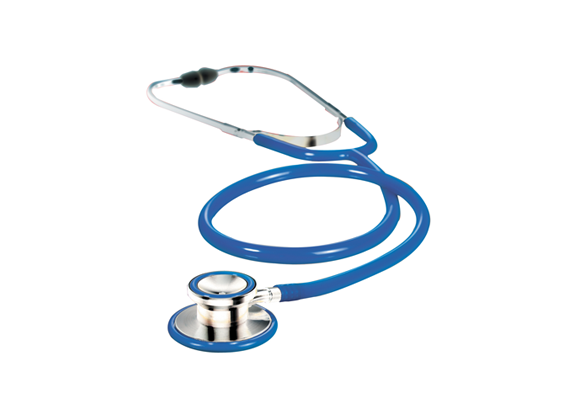 GP leaders have urged health minister Earl Howe and NHS Commissioning Board chief executive Sir David Nicholson to delay the launch of NHS 111, according to a report by the British Medical Association.
GP leaders have urged health minister Earl Howe and NHS Commissioning Board chief executive Sir David Nicholson to delay the launch of NHS 111, according to a report by the British Medical Association.
In a letter sent following reports of problems with the service aired at the March meeting of the BMA GPs Committee, its chair Laurence Buckman wrote: "We have repeatedly asked for the implementation of NHS 111 services not to be rushed and stressed that a smooth transition is essential for patient safety. As yet, many areas seem not to be ready for that transition and, from some of the examples reported, I am worried that patients may be put at risk."
In a statement issued on 28 March, Dr Buckman added: "We cannot sacrifice patient safety in order to meet a political deadline for the launch of a service that doesn't work properly. There have been widespread reports of patients being unable to get through to an operator or waiting hours before getting a call back with the health information they have requested. In some areas, such as Greater Manchester, NHS 111 effectively crashed because it was unable to cope with the number of calls it was receiving."
NHS 111 is the new telephone triage service designed to direct people with urgent but non-life threatening conditions to the right part of the NHS within the appropriate timeframe. It is supposed to replace the former NHS Direct.
John Hughes is honorary secretary of Manchester Local Medical Committee, where a 'soft launch' for NHS 111 had been planned for 21 March. He said signs of trouble emerged when a carer reported that she had been waiting with a 90-year-old woman for 90 minutes for a call back from NHS 111.
"Shortly afterwards, it became apparent that the same thing was happening right across Manchester," Dr Hughes continued. "There were significant delays. People were waiting hours for calls back. There was also information from the North West Ambulance service that they were being completely overwhelmed by 999 calls because people were fed up waiting or couldn't get through."
It later emerged that in parts of inner London NHS 111 was put on hold until at least April 9 after problems emerged in other boroughs.
Dr Stewart Kay represents south-east London region on the GP Committee and worked for the GP OOH (out-of-hours) co-op SelDoc for 12 years.
He said: "We are back to a sort of daft hybrid, where some of the calls are going to NHS Direct and are being forwarded I think via fax to the traditional OOH provider...The majority are going through in the traditional way by GPs putting the co-op telephone number on their answer machines."
In Shropshire, the ShropDoc out-of-hours GP co-op has taken back call handling for four weeks after the Shropshire clinical commissioning group assessed that NHS Direct, which won the bid to run NHS 111 across the wider West Midlands region, was not ready, according to Shropshire Local Medical Committee chair Mary McCarthy.
She said GPs at ShropDoc had to step in and visit patients in their homes after reports of waits of up to 45 minutes for call backs or longer. She said patients have left feedback about their NHS 111 experiences on the ShropDoc website.
Dr Buckman commented: "The chaotic mess now afflicting NHS 111 is not only placing strain on other already overstretched parts of the NHS, such as the ambulance service, but is potentially placing patients at risk. If someone calls NHS 111 they need to be able to get immediate, sound advice and not be faced with any form of delay."
A spokesperson for the NHS Commissioning Board is reported as saying: "NHS England [the board's new name from 1 April] is aware of some difficulties in the introduction of the NHS 111 service in some areas, but we are confident that measures now in place will ensure resolution of these early problems.
"Many sites are already up and running, but in areas where NHS 111 is not yet available we will make a thorough assessment of readiness before new sites are introduced."